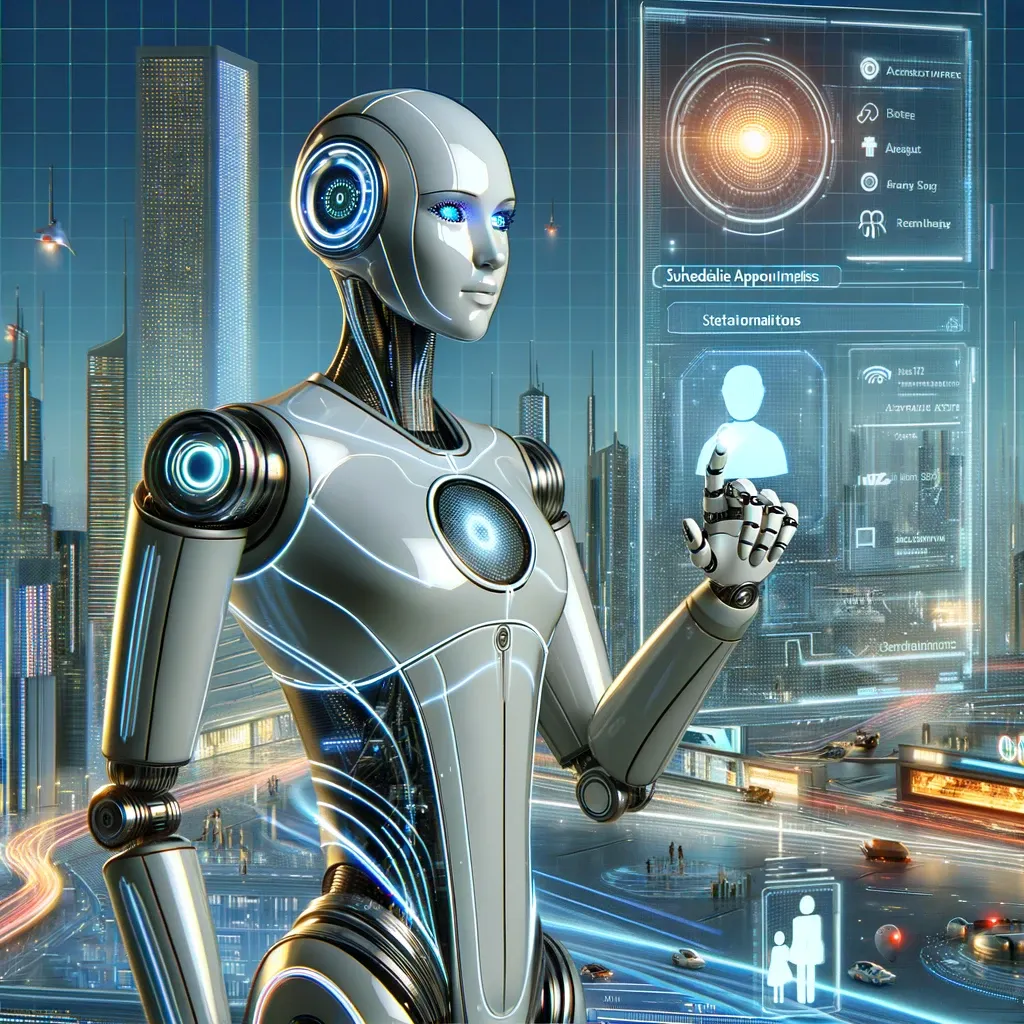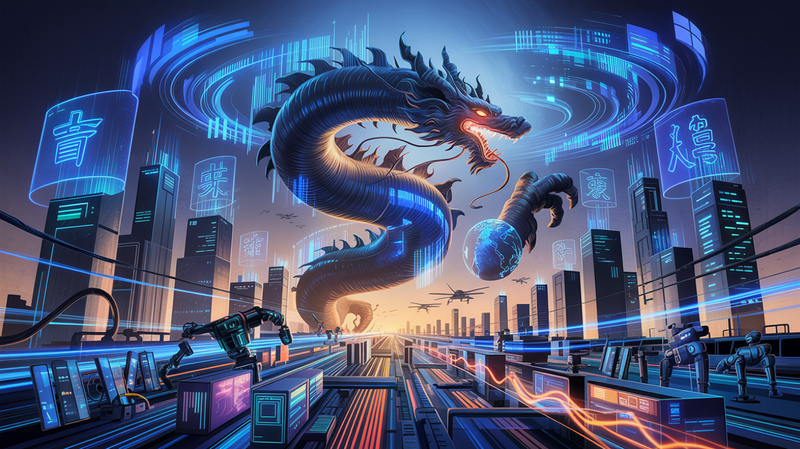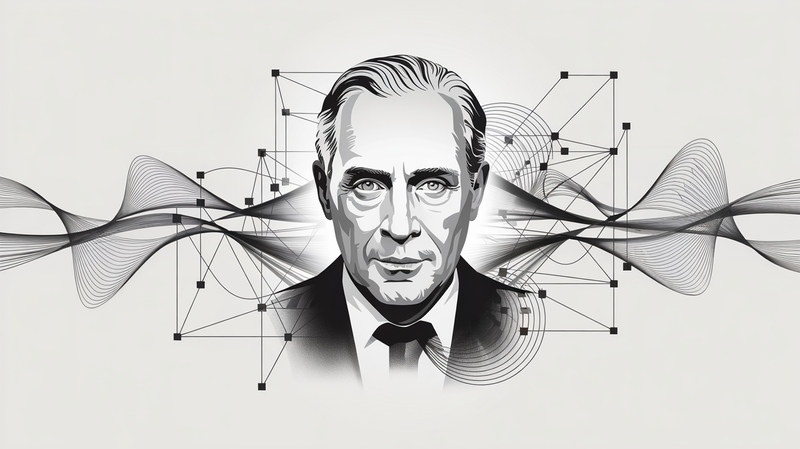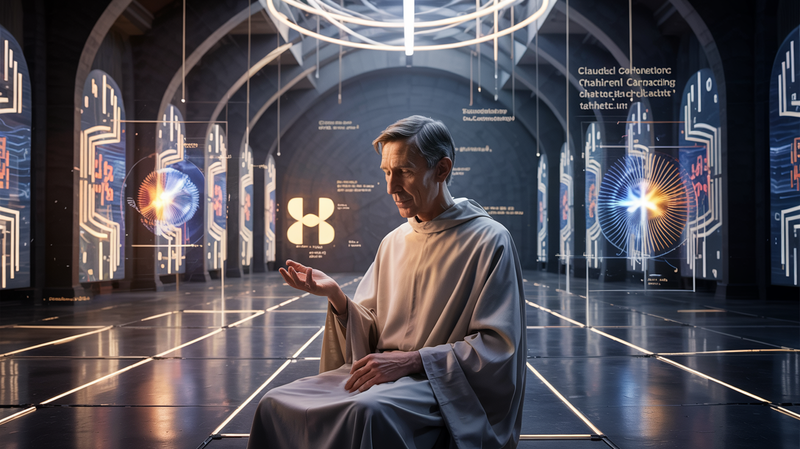Bill Gates Foresees a Future Brimming with Personal AI Robot Agents
In a future envisioned by Microsoft co-founder Bill Gates, the integration of AI into our daily lives is set to take an extraordinary leap. Gates, known for his insights into technological trends, predicts that within the next five years, personal robot agents will become a ubiquitous part of everyone'

In a future envisioned by Microsoft co-founder Bill Gates, the integration of AI into our daily lives is set to take an extraordinary leap. Gates, known for his insights into technological trends, predicts that within the next five years, personal robot agents will become a ubiquitous part of everyone's life.
In a report featured in Fortune, Gates highlighted the transformative potential of these AI assistants, which he believes will "utterly change how we live." He acknowledges that current AI software, as of 2023, is relatively limited in its capabilities, being "pretty dumb." However, he foresees a rapid evolution of AI technology that will lead to the development of smart, proactive agents capable of autonomously performing a range of tasks.
These robot agents, according to Gates, will go beyond the functionality of today's voice assistants. They will be capable of managing complex tasks such as planning vacations, sending flowers on behalf of users, and even coordinating meetings by communicating with other agents. This level of sophistication in AI will allow for more personalized and efficient assistance in everyday activities.
Samuel Mangold-Lenett, a staff editor at The Federalist, also weighed in on this development. Speaking to Fox News Digital, he envisioned the progression of current voice-activated assistants into more advanced AI systems. These evolved systems could provide more precise and personalized responses by analyzing a user's comprehensive data set.
Gates, while optimistic about the widespread adoption of these robot agents, anticipates that users will initially have to pay for such advanced technology. However, he also predicts that the intense competition in AI development will eventually drive down costs, making these agents more affordable and accessible to a broader audience.
In the future Gates imagines, these AI agents will not only be integrated into software like word processors and spreadsheets but will also function independently. They will offer the kind of support that personal assistants currently provide to executives, regardless of the user's workplace environment.
In summary, Gates' vision for the future is one where AI robot agents become integral to our daily lives, offering a level of assistance and personalization that significantly surpasses current technologies. This paradigm shift in AI capabilities promises to reshape how we interact with technology, making our lives more connected, efficient, and personalized.




